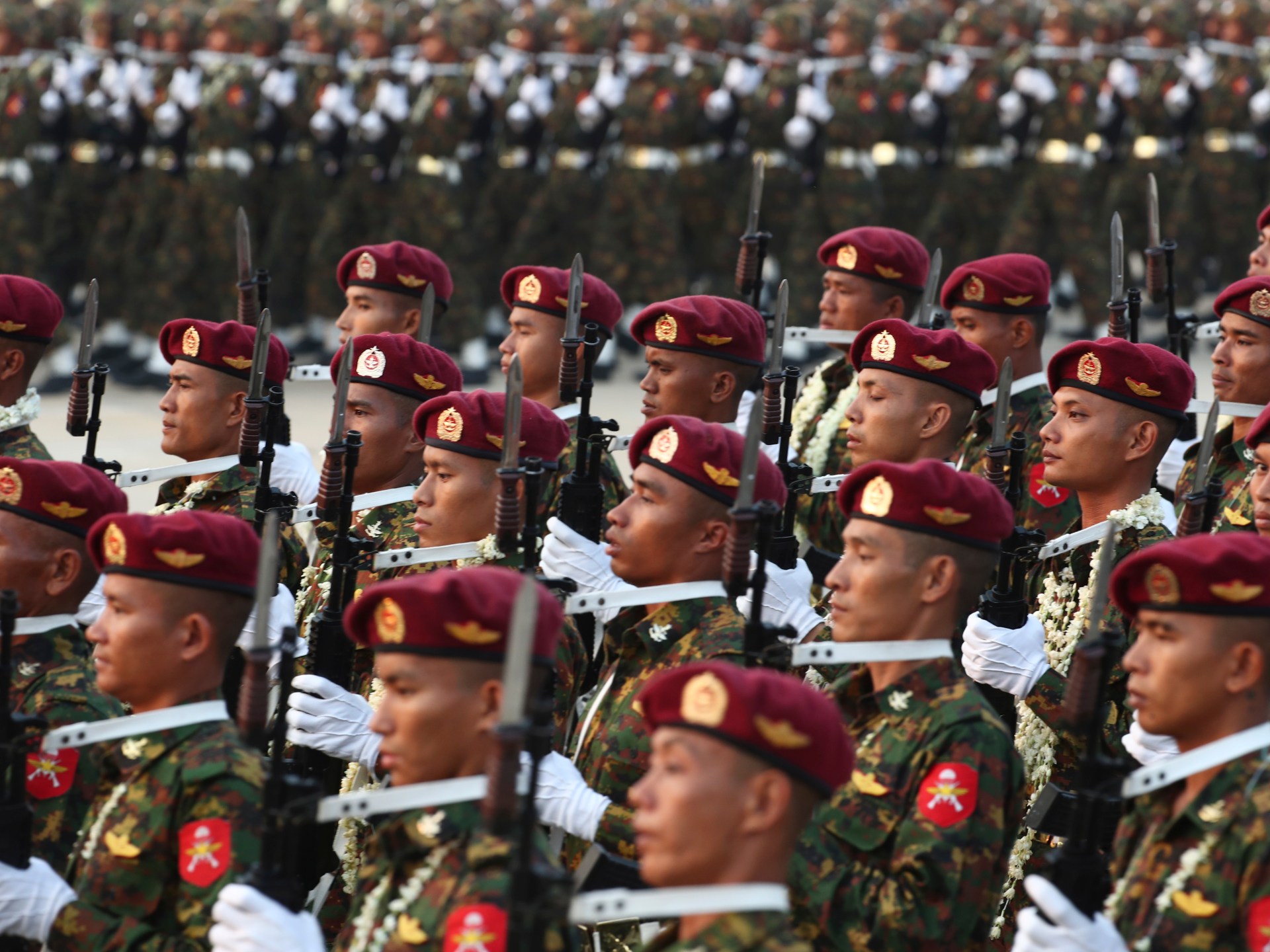Rice Admits Flaws In Iraq Intelligence
n another major embarrassment to the Bush administration, David Kay, who led the so-called Iraq Survey Group (ISG), resigned saying he did not believe Iraq possessed any chemical or biological weapons.
"What everyone was talking about is stockpiles produced after the end of the last [1991] Gulf War and I don’t think there was a large-scale production program in the nineties," averred the American expert.
While she defended the intelligence community, Rice told CBS: "I think that what we have is evidence that there are differences between what we knew going in and what we found on the ground."
Rice argued, however, this was "not surprising in a country that was as closed and secretive as Iraq, a country that was doing everything that it could to deceive the United Nations, to deceive the world."
"When you are dealing with secretive regimes that want to deceive, you’re never going to be able to be positive" about intelligence, she told NBC.
Bush’s national security advisor, a staunch supporter of the Iraq war, said the ISG would "gather all of the facts that we possibly can," leaving open the possibility that its findings may be inconclusive.
She put the blame for any gaps on looters and former Iraqi President Saddam Hussein, whom she said was so secretive that "he allowed the world to continue to wonder" what weapons he still had.
Probe Rejected
Kay told Congress Wednesday he would support an independent investigation into the intelligence used by the White House to justify the war.
Following Kay’s testimony, Democrats redoubled their calls for an independent inquiry. Kay himself backed the idea.
In a worrying sign for the White House, Arizona Republican Sen. John McCain, known for his independent streak, broke party ranks to support the call.
"We need an independent commission to continue to investigate this because these questions need to be answered, including … why it is that we have so badly missed the mark on this and other cases," McCain said.
The White House on Thursday brushed aside calls for an independent investigation, saying it did not want any outside inquiry until the ISG had completed its work.
Rice told NBC that the intelligence community had already launched its own investigation — "a kind of audit of what was known going in and what was found when they got there."
A CIA official said that investigation, headed by Richard Kerr, a former CIA deputy director, was still under way.
Rice admitted that Kay’s resignation had raised "some questions that we will want to answer."
She claimed, however, that the whole truth will never be known "because a lot of looting took place before our armed forces could secure various areas."
Worried
Analysts said with Bush’s Republicans in control of both houses of Congress he stood a good chance of avoiding such an investigation, which would keep the issue alive in the run-up to November’s presidential election.
"The administration wants as little attention as possible paid to the process by which they concluded that war with Iraq was a good idea," said Steven Walt, dean of the Kennedy School of Government at Harvard University.
"A commission would keep the issue in the news for another year. That’s the last thing they want," he said.
University of Chicago political scientist Robert Pape said the fact Rice was on three shows suggested the White House was worried.
"The fact Rice was out there on three shows tells you the momentum for an inquiry is building and she felt she needed to get out ahead of it and nip it in the bud," Pape said.
Joseph Cirincione, author of a study released this month concluding Iraq had no threatening weapons of mass destruction by the late1990 s, accused the administration of "playing for time because it sees this mainly as a political problem.
"They hope to stall until after the November presidential election and are less interested in seeing what went wrong than in avoiding blame," he said.
"It is lame to claim they need more time for internal investigations. Almost everything (Secretary of State) Colin Powell told the U.N. last February about Iraq’s alleged weapons was wrong. Why was that? The President doesn’t have an answer," said Cirincione.

